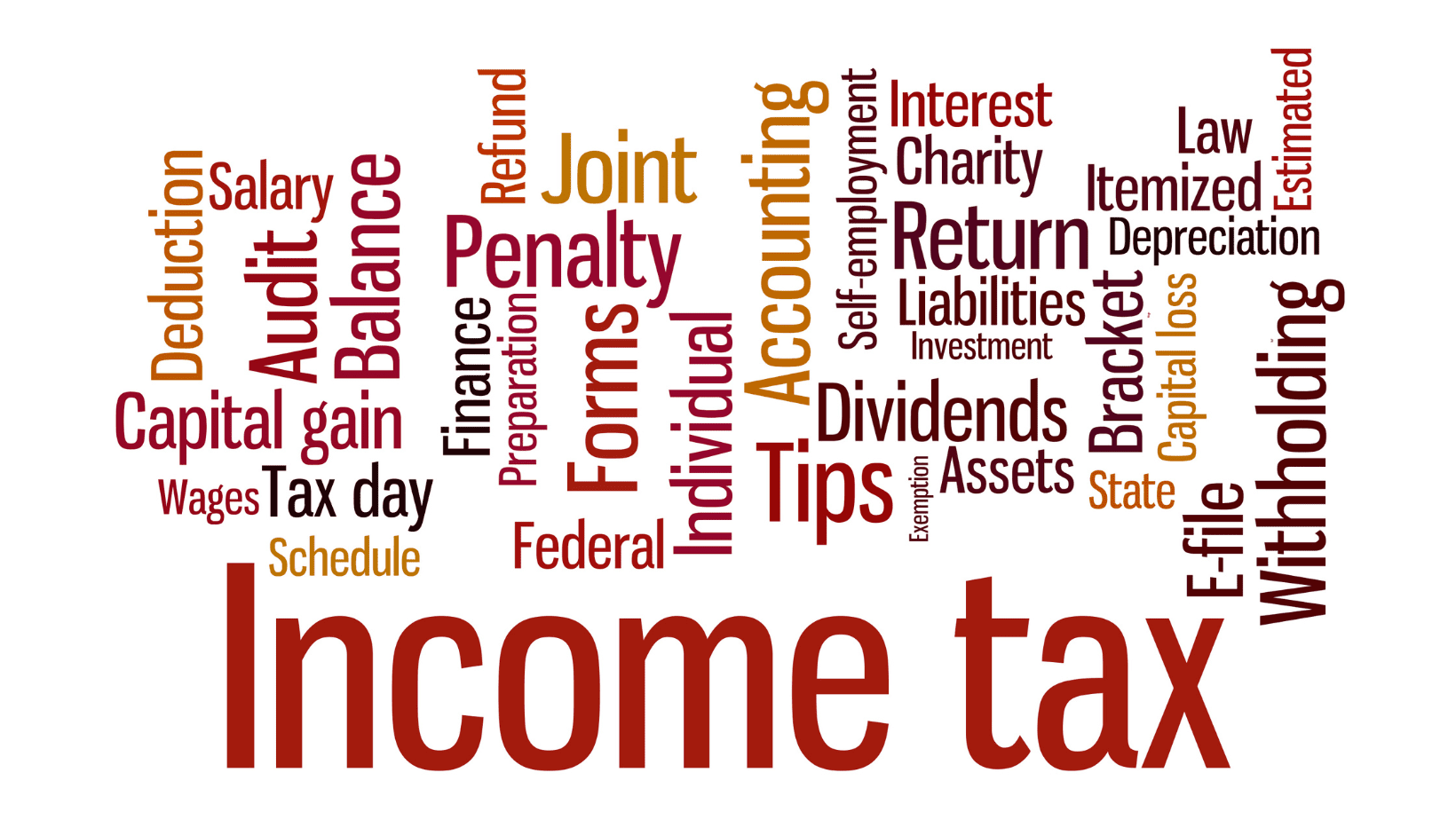
At any moment, you could be notified of a state sales tax audit by any one of the many states you do business in – even if you don’t have physical nexus. That’s why ecommerce companies need to be ready. In this post, we’ll cover the auditing process and tips to get you through each step unscathed.
If you have ever been subjected to a state sales tax audit, you know the potential consequences of failing to comply with the law. Fines, penalties, and even jail time are all possible outcomes if you fail to document your sales taxes properly. But there are steps you can take to help ensure that your business survives the audit unscathed.
With proper preparation and knowledge, you can make it through a state sales tax audit without any negative repercussions. Read on to learn more about how you can prepare for a state sales tax audit and come out on the other side with your business intact. And it pays to be well-prepared. According to Avalara, the average cost of an audit is more than $14,000. And if you’re doing business in all 50 states, you could be under multiple audits at once or back-to-back. It adds up quickly. Stay ahead of the game and get to know the audit process. That way there are no surprises when—not if—you are audited.

As any business owner knows, a sales tax audit can be a nerve-wracking experience. It thoroughly examines a company's sales tax law compliance, including the accuracy of sales tax returns, tax refunds, and tax exemption claims. Audits can be triggered by various factors, such as a random selection by the tax authorities, suspicion of non-compliance, or even as part of a routine audit process.
A sales tax audit aims to ensure businesses pay their fair share of sales taxes and identify any errors or discrepancies in their records. Auditors will typically review sales records, invoices, financial statements, and other relevant documentation to assess a company's sales tax problems. Business owners often wrestle with anxiety and dread when confronted with impending York state tax problems. However, with some solid sales tax defense and a dash of humor, navigating the audit process unscathed and even making it through with a smile is possible.

State sales tax audits are performed for several reasons. Some common reasons for conducting an audit include the following :
Sales tax audits can be intimidating, but with the right preparation and knowledge, they don't have to be a source of fear. The primary goal of any state sales tax audit is to ensure that businesses accurately report their sales, use taxes, and pay their fair share. Business owners need to stay on top of their taxes by maintaining accurate records, filing returns in a timely manner, and keeping up to date with any changes in the law.
In addition, it's important to remember that sales tax audits are more of an opportunity than a threat. A successful audit can give you peace of mind that your business complies with the law and can even provide valuable insight into areas where improvement is necessary. With proper planning and knowledge about the audit process, you can make it through a state sales tax audit unscathed and even come out a winner.
Auditors may also use a sales tax audit to uncover potential areas of noncompliance or discrepancies in returns. Auditors will look for any signs of potential errors, omissions, or inconsistencies in the data presented. As such, it's important to be accurate and thorough when preparing your records and documentation for an audit.
Errors in the payment of taxes can be costly, as businesses may be required to pay penalties or interest when errors are discovered. Audits are an effective way for tax authorities to identify mistakes that have been made and hold businesses accountable. Auditors will examine records such as invoices and receipts during an audit to ensure the right amount of taxes are paid.
Sales tax exemption claims reduce or eliminate a business's sales tax liability. Auditors will review records such as invoices and receipts during an audit to ensure that all appropriate exemptions have been claimed and applied correctly. Businesses must keep accurate sales tax exemption claims records to ensure compliance with the law.
Sometimes, an audit may be conducted to uncover any potential fraud or noncompliance with the law. Auditors may examine records such as invoices and financial statements to ensure that businesses are operating within the bounds of the law and paying the appropriate amount of taxes.

Before any audit is conducted, business owners need to be prepared and organized. Here are some tips for getting ready for an audit:
It's important to gather all relevant documentation required for the audit. This includes invoices, receipts, financial statements, tax returns, exemption certificates, and any other documents that may be pertinent. It is also a good idea to make copies of all documents if the originals are requested.
If your business claims any sales tax exemptions, reviewing all applicable documentation and ensuring the exemptions have been applied correctly is important. This includes reviewing exemption certificates to make sure they are up-to-date and valid.
The best way to make it through a state sales tax audit unscathed is to be compliant and cooperative. It's important to remember that the auditor is not there to punish you but rather to ensure that your business complies with the law. To this end, providing accurate information and documents promptly when requested is important. It's also important to be truthful and provide the auditor with complete answers.
No business owner wants to go through a state sales tax audit. It can be nerve-wracking and time-consuming, often resulting in hefty penalties and fees. But fear not! You can take steps to make it through a sales tax audit unscathed. These include the following:
Understanding your obligations under the law is crucial for businesses and individuals alike. It ensures that you operate within the legal framework and comply with all applicable regulations. Failing to understand and comply with the law can lead to serious consequences, including legal penalties, financial losses, and damage to your reputation. By educating yourself about your legal obligations, you can protect yourself and your business from unnecessary risks and ensure that you act ethically and responsibly.
Having documentation to back up your claims is essential for credibility and trustworthiness. Whether you are making claims in a business setting, a legal context, or even in personal relationships, having evidence to support your statements can make all the difference. Documentation can come in various forms, such as research studies, official records, testimonials, or photographs and videos. By providing concrete proof of your claims, you can effectively persuade others, avoid misunderstandings, and ensure your message is taken seriously. Without documentation, your claims may be dismissed as mere speculation or opinion, undermining your credibility and hindering your ability to make a compelling case.
Knowing your rights and responsibilities during an audit is crucial for individuals and businesses. During an audit, the tax authorities review and examine your financial records to ensure compliance with tax laws and regulations. Understanding your rights can help protect you from potential privacy violations or unnecessary intrusion. It is important to know that you have the right to be informed about the audit process, to ask questions, and to have representation if needed. Additionally, knowing your responsibilities, such as providing accurate and complete information, can help ensure a smooth and successful audit process.
Establishing a good relationship with the auditor is crucial for any business. Auditors play a vital role in ensuring the accuracy and integrity of financial statements and the company's overall financial health. Building a positive relationship with the auditor helps to foster open communication, trust, and transparency.
It allows for a smoother audit process, as the auditor will better understand the business operations and can provide valuable insights and recommendations. Additionally, a good relationship with the auditor can enhance the company's reputation and credibility, as stakeholders will have confidence in the accuracy and reliability of the financial information provided.
Procrastination is not your friend when responding promptly to requests for information and documentation during a sales tax audit. It can be the enemy that turns a manageable audit into a nightmare. Ignoring or delaying these requests can result in increased penalties, unfavorable findings, and a stressful audit process that drags on longer than necessary. So, what's the secret to prompt response?
It's simple, be prepared and stay organized. Gather all relevant documentation beforehand, ensuring you have a comprehensive list of required materials. Then, when a request comes in, don't procrastinate. Take immediate action to provide the requested information or documentation in a timely manner. This proactive approach can help you stay on the auditor's good side and keep the audit process moving smoothly. Remember, in sales tax audits, time is of the essence.
Staying calm and professional during any process is crucial for maintaining a positive and productive environment. Whether it's a work project, a personal endeavor, or even a daily routine, keeping a level head and maintaining professionalism can help ensure things run smoothly and efficiently. When faced with challenges or obstacles, remaining calm allows for clear and rational thinking, enabling problem-solving and decision-making.
Displaying professionalism in interactions with others demonstrates respect, credibility, and the ability to handle difficult situations gracefully and with composure. Overall, staying calm and professional during the process benefits oneself and contributes to a positive and harmonious atmosphere for everyone involved.
Making use of available resources is essential for maximizing productivity and efficiency. By identifying and utilizing the resources that are readily accessible, businesses and individuals can save time, reduce costs, and achieve their goals more effectively. Whether utilizing technology, utilizing existing relationships, or leveraging existing knowledge and expertise, using available resources allows for better decision-making, problem-solving, and overall success. It also promotes creativity and innovation by encouraging individuals to think outside the box and find new ways to utilize what is already available.
You’re taking the first step by reading this blog. Just being familiar with the process will help you make it through a sales tax audit without damage done.
The audit process boils down into four high-level stages.
Before any audit letter arrives, you should regularly review relevant state tax law changes and conduct self-auditing procedures to shore up any weaknesses.
As soon as you get the notification letter, the pre-audit phase begins. Here’s what’s involved:
Especially with large businesses, it’s simply not feasible for an auditor to examine each sale or purchase invoice. Instead, the auditor chooses a sample of those documents that they think will be representative of the entire invoice population.
The audit sample is a complex but critical part of the audit process. And a mistake here could cost you. So, it’s important to know the sampling method the auditor will use.
There are two methods auditors will use: statistical and non-statistical sampling. In statistical sampling, risk is quantified. In non-statistical, risk is left up to the judgment of the auditor.
You can negotiate the sampling method with the auditor before they pull the documents. If given the choice, you should go with statistical sampling. Either way, you should thoroughly discuss the sampling methodology so you can reach an acceptable agreement with the auditor.
The preparations done in the first two stages go a long way to fueling your success here.
The fieldwork stage is where the auditor comes to your office and does the work. Your audit coordinator needs to be ready to facilitate this work, so that it goes as smoothly as possible. Have requested records and information ready. Assert control over the situation while being cooperative, knowledgeable and professional. Taxpayers who appear disorganized give a bad first impression, and those impressions are usually the strongest and can stick with you all the way through the audit.
When it comes to negotiating, don’t be timid but don’t be overly aggressive. Adopt a middle-of-the-road strategy. Be firm about your rights because if an auditor senses you don’t know the procedures, they are likely to cut corners in their audit, leaving you with a greater penalty.
When the main fieldwork ends, the auditor will address final items they feel tax should have been paid on. There may also be outstanding items for which you were missing documentation. You’ll need to find those outstanding documents before the auditor turns in the audit for processing.
Auditors are usually eager to turn in their audit, especially if the fiscal period is ending. You can use that urgency to your advantage. Some auditors may be willing to accept less documentation if they feel it would help resolve everything sooner.
If you need extra time to wrangle in outstanding documentation, ask for it. The auditor will go through the appeals process and try to “agree to disagree” on some items. Take note of the appeals process, but also be sure to try to resolve every item before the audit is turned in. The appeals process will take up more time, and we find that it’s better to get everything solved before the audit is turned in.

Disputed issues and unfavorable findings can be stressful and intimidating in any audit process. However, they don't have to be a cause for alarm. While it's important to remain professional and courteous throughout the process, it is also important to be prepared to address any issues or disputes. This can be done by doing the following:
Understanding how to appeal an unfavorable finding or issue is crucial for anyone with a negative decision or outcome. Whether it is a legal matter, a workplace dispute, or any other situation where a decision has been made against you, knowing how to navigate the sales tax problem appeals process can greatly increase your chances of reversing the unfavorable finding. Appeals typically involve submitting a formal request to a higher authority to review the decision, providing evidence or arguments to support your case, and following the procedures outlined by the governing body or organization. It is important to thoroughly understand the grounds for appeal, the required accounting documentation, and the deadlines to ensure your appeal is properly considered.
Identifying potential tax refunds or credits from the state is important because it allows individuals and businesses to maximize their financial resources. By understanding their state's various tax laws and regulations, taxpayers can identify opportunities for refunds or credits they may be eligible for. These sales and use tax refunds or credits can provide significant financial benefits, helping taxpayers to reduce their tax liabilities and potentially receive a refund or lower their overall tax bill. Identifying and claiming these potential refunds or credits can result in significant savings and positively impact an individual or business's financial services.
Clients need to be prepared with all of the necessary documents and records that may be needed for a state sales tax audit. This includes any documents related to sales, purchases, returns, refunds, inventory, payroll, and other financial transactions. Providing accurate and comprehensive documentation can help individuals or companies demonstrate compliance with state regulations and prove their innocence in the case of any disputes or unfavorable findings. It can also help reduce the time and effort spent during the audit process, resulting in a more efficient and successful outcome.
It is important to stay up-to-date on state and local tax laws changes, as these can have extensive experience for taxpayers. This includes knowing when new taxes or fees are added, when existing taxes or fees are changed, and when credits or exemptions may be offered. Keeping abreast of any changes can help individuals or businesses minimize their tax liabilities and take advantage of any credits or exemptions that may be available. Additionally, understanding the law can help you prepare for an audit and ensure you are complying with all applicable regulations.
Need help navigating a sales tax audit? We’re here for you. Fill out our short What’s Next questionnaire to get in touch for a free 45-minute consultation.
We care about your data — privacy policy.